
 Title: Cloud-Based Machine Learning Service for Astronomical Sub-Object Classification: Case Study On the First Byurakan Survey Spectra Title: Cloud-Based Machine Learning Service for Astronomical Sub-Object Classification: Case Study On the First Byurakan Survey SpectraAuthor: Hrachya Astsatryan, Stepan Babayan, Areg Mickaelian, Gor Mikayelyan, Martin Astsatryan URL: http://doi.org/10.5334/dsj-2024-006 |
|
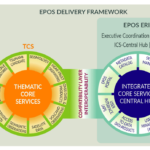 Title: Data Management in Distributed, Federated Research Infrastructures: The Case of EPOS Title: Data Management in Distributed, Federated Research Infrastructures: The Case of EPOSAuthor: Daniele Bailo, Rossana Paciello, Jan Michalek, Daniela Mercurio, Agata Sangianantoni, Kauzar Saleh Contell, Otto Lange, Giovanna Maracchia, Kuvvet Atakan, Keith G. Jeffery, Carmela Freda URL: http://doi.org/10.5334/dsj-2024-005 |
|
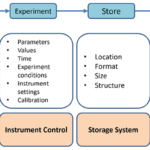 Title: A Framework for Active DMPs in Photon and Neutron Science Large-Scale Facilities Title: A Framework for Active DMPs in Photon and Neutron Science Large-Scale FacilitiesAuthor: Heike Görzig, Alejandra N. Gonzalez Beltran, Felix Engel, Brian Matthews URL: http://doi.org/10.5334/dsj-2024-004 |
|
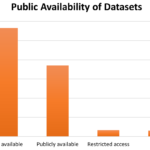 Title: Data Sharing and Use in Cybersecurity Research Title: Data Sharing and Use in Cybersecurity ResearchAuthor: Inna Kouper, Stacy Stone URL: http://doi.org/10.5334/dsj-2024-003 |
|
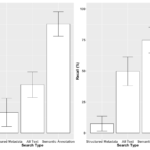 Title: Enhancing the FAIRness of Arctic Research Data Through Semantic Annotation Title: Enhancing the FAIRness of Arctic Research Data Through Semantic AnnotationAuthor: Steven S. Chong, Mark Schildhauer, Margaret O’Brien, Bryce Mecum, Matthew B. Jones URL: http://doi.org/10.5334/dsj-2024-002 |
|
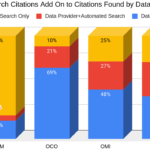 Title: Bridging the Gap: Enhancing Prominence and Provenance of NASA Datasets in Research Publications Title: Bridging the Gap: Enhancing Prominence and Provenance of NASA Datasets in Research PublicationsAuthor: Irina Gerasimov, Andrey Savtchenko, Jerome Alfred, James Acker, Jennifer Wei, KC Binita URL: http://doi.org/10.5334/dsj-2024-001 |







